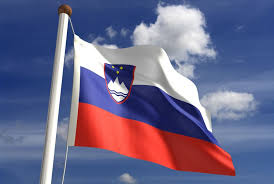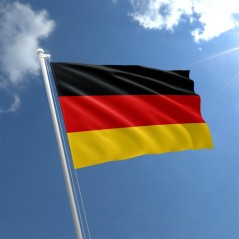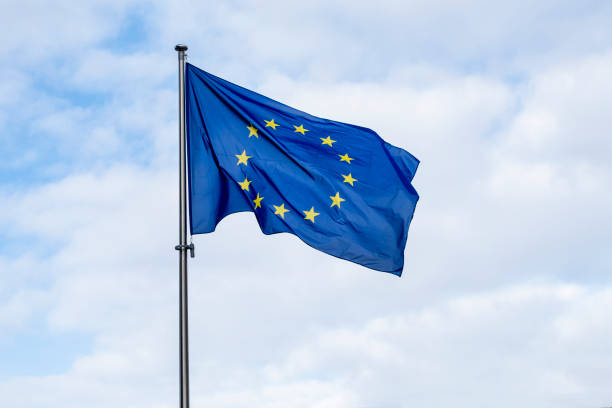Slovenia is a small republic situated in Central Europe, neighboring Italy, Austria, Hungary, and Croatia. It is recognized for its unusual exquisiteness, rich past, and cultural inheritance. If you are planning to visit the country, you are making the right decision. However, it is essential to understand the country’s customs, laws, and regulations before embarking on any journey. Before making any vacation plans, it is critical to undertake extensive research. The most typical questions that you might include in your study are mentioned in the sections. Fortunately for you, this post also contains answers that will save you time and effort.

What is the process for obtaining a residence permit in Slovenia?
To obtain a residence permit, one must first apply at the embassy or consulate in their home country. The application must include a valid passport, proof of financial means to support oneself, and proof of health insurance.
Can I work in Slovenia with a residence permit?
With a residence permit, one is allowed to work here. However, a work permit is also required for non-EU citizens. The work permit application must be submitted by the employer and includes proof of the job offer and the employee’s qualifications.
What are the requirements for obtaining citizenship?
To obtain citizenship, one must have lived in the country for at least 10 years and have a valid residence permit for the entire duration. Additionally, one must pass a language exam and a citizenship exam. Dual citizenship is allowed in the nation.
Is it necessary to know the Slovenian language to live in Slovenia?
While it is not necessary to know the local language to live in the nation, it is highly recommended for daily communication and integration into the community. Many official documents and procedures are also conducted in Slovenian.
What is the cost of living here?
Slovenia is a country with a relatively low cost of living. The average monthly salary is around €1,200, while the average monthly rent for a one-bedroom apartment in the city center is around €600. The cost of groceries and transportation is also relatively low compared to other European countries.
What are the popular cities for expats to live in Slovenia?
Ljubljana, the capital city, is a popular destination for expats due to its vibrant cultural scene and affordable cost of living. Other popular cities for expats include Maribor, Celje, and Koper. These cities offer a high quality of life, excellent healthcare, and a welcoming community.
Are there any tax benefits for foreign residents here?
Foreign residents can benefit from tax incentives such as a flat tax rate of 25% on income and a tax exemption on income earned outside of the nation. Additionally, foreign residents can apply for a special tax status that allows them to pay a fixed amount of tax each year, regardless of their income.
What is the crime rate here?
Slovenia has a relatively low crime rate compared to other European countries. The most common types of crime in the nation are property crimes such as theft and burglary. However, violent crime is rare, and Slovenia is considered a safe country for residents and visitors alike.
What are the best foods to try when visiting the country?
When visiting the country, it is highly recommended to try their traditional dishes such as the Carniolan sausage and the Prekmurska gibanica. Other must-try foods include the Bled cream cake, vanilla and cream-filled pastry, and the Idrija žlikrofi, a type of dumpling filled with potatoes, onions, and herbs. These dishes are widely available in local restaurants and cafes throughout the nation. Don’t miss out on the opportunity to indulge in the country’s rich culinary heritage.
You may also find these articles helpful
Moving to Slovenia: Full relocation guide
Working in Slovenia as an expat
Best cities to live in Slovenia




